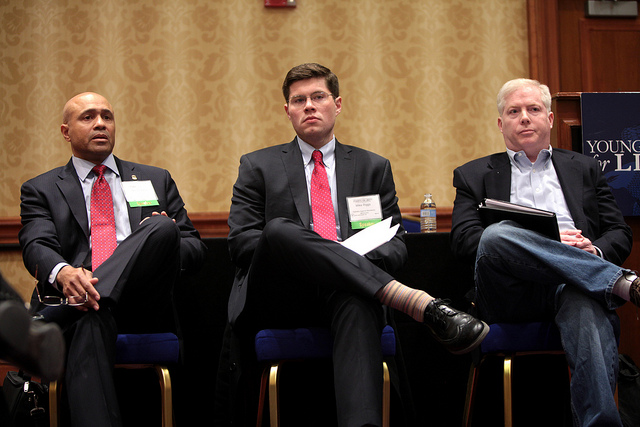Most Canadians disagree with the Canadian government's May 2005 decision to allow people to regain the citizenship they lost as children without actually moving back to Canada, a newly released poll suggests.
Under legislation passed in 1947, tens of thousands of children lost their Canadian citizenship over the years when their parents moved abroad and became citizens of another country.
A 1977 amendment meant children would no longer lose their Canadian status in such cases, but the change did not apply to the many thousands whose citizenship had disappeared during the preceding 30 years.





